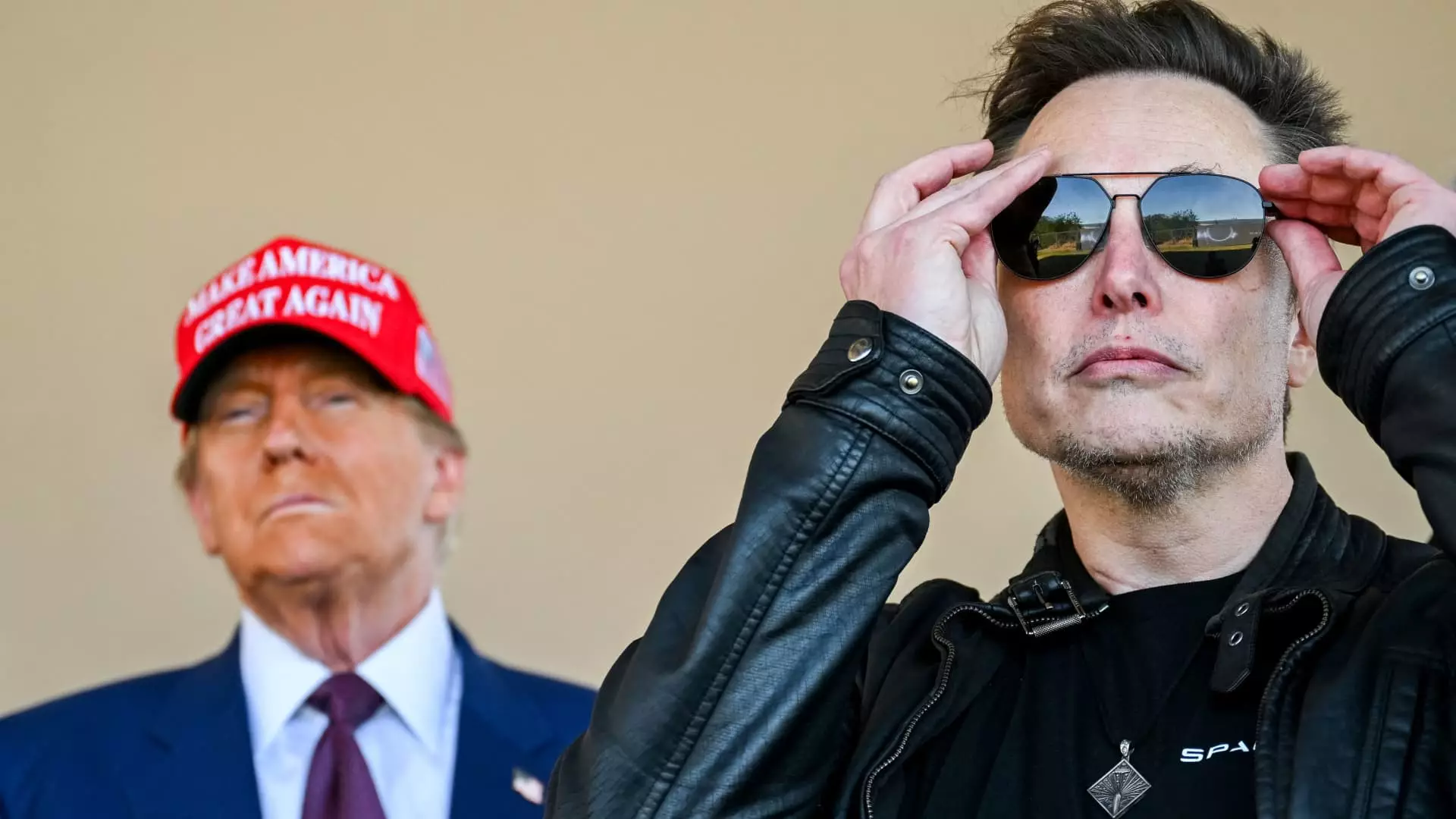Elon Musk is not just a business magnate; he is a prime example of how diverse entrepreneurial ventures can synergize to amplify one another’s success. His companies, including Tesla, X (formerly Twitter), xAI, Neuralink, Boring Company, and SpaceX, represent a wide spectrum of industries ranging from electric vehicles to aerospace. This eclectic portfolio allows Musk to wield considerable influence across different sectors, fostering an environment where innovations can be rapidly integrated and scaled. However, the scale of his ambitions raises ethical questions regarding the concentration of power and the significant role government contracts play in sustaining them.
SpaceX’s financial success is heavily tied to its relationship with the federal government—the company has reportedly received over $19 billion in contracts. This dependency on government funding prompts discussions around innovation versus accountability. More lucrative contracts may be on the horizon under a potential second Trump presidency, sparking concerns about favoritism and regulation dismantling that could favor Musk’s interests disproportionately. Critics assert that a government that provides financial backing should have stringent oversight to ensure that taxpayer dollars are used responsibly and effectively.
Musk’s persistent lobbying for less regulation has gained traction, particularly through his involvement in the Department of Government Efficiency (DOGE), which he co-leads alongside Vivek Ramaswamy. Their argument for regulatory rescission raises alarming prospects. Musk and Ramaswamy posit that the existing federal regulations, many of which may not have been legislated through Congress, should simply be nullified. While their push for efficiency and reform may sound appealing, such an approach could open the floodgates to potential exploitation and reduce accountability—a trade-off that may jeopardize public interests in favor of corporate gain.
The notion of streamlining government operations carries inherent risks. For instance, the Pentagon’s ongoing failure to pass audits raises concerns that oversight mechanisms are already insufficient. Advocating for a reduction in oversight could exacerbate these issues, leading to mismanagement and lack of transparency. Furthermore, reducing the capacity of regulatory frameworks might benefit Musk’s companies in the short term but could ultimately compromise the broader market by empowering monopolistic behaviors and stifling competitive innovation.
As Musk endeavors to reshape the relationship between his enterprises and regulatory bodies, stakeholders must critically assess the outcomes of such a dynamic. The intertwining of business interests and government powers cannot be overlooked, as it holds consequences for both the economy and the public sector. A balanced approach that promotes innovation while maintaining accountability and oversight is essential. The path forward should not merely aim at easing regulations for Musk or similar entities but must reflect a commitment to responsible governance that ensures equitable growth and innovation for all.


Leave a Reply